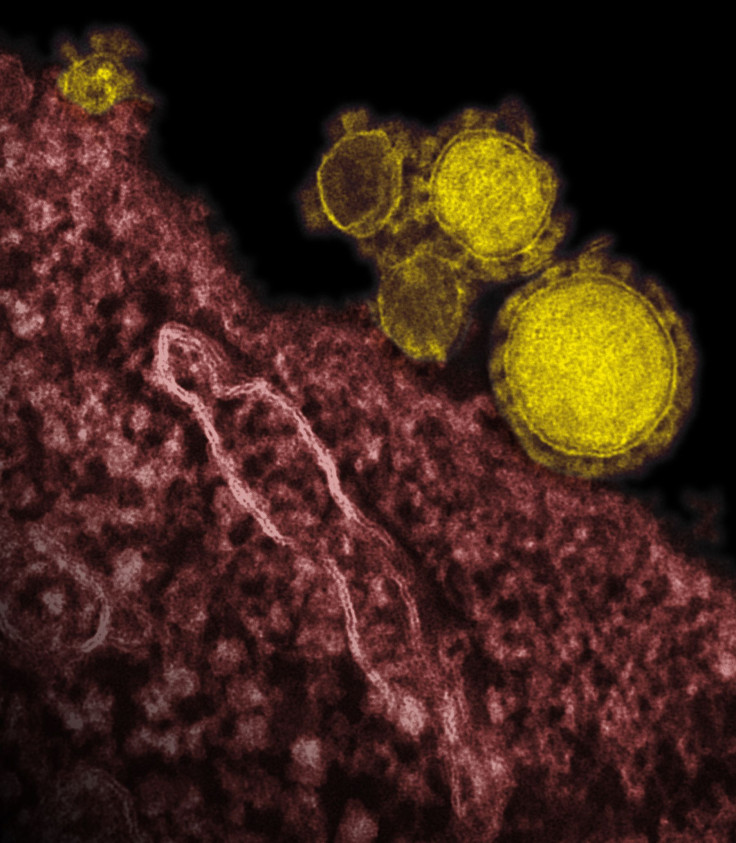FDA Approves Diagnostic Test For MERS At CDC's Emergency Request, As Death Toll Hits 66

The Food and Drug Administration (FDA) approved an emergency diagnostic test to detect the presence of the Middle East respiratory syndrome coronavirus (MERS-CoV). After killing at least 45 people, the Centers for Disease Control and Prevention (CDC) requested the test to detect the disease before it becomes a public threat in the United States.
MERS is a viral respiratory illness that was first reported in Saudi Arabia September 2012. Since then there have been a total of 82 cases, 66 of which are in Saudi Arabia Other known cases were reported in France, Italy, Jordan, Qatar, Tunisia, the United Kingdom, and the United Arab Emirates. There have been no known cases in the United States, but the CDC is working with partners to better understand the risks, source, and transmission of the virus to inform prevention.
On July 5, the test was issued as an emergency use authorization. Preemptive measures, both in the U.S. and abroad, are deemed necessary against MERS as it, "poses a significant potential for a public health emergency," according to the FDA.
As a member of the coronavirus family, the pathogen is similar to the severe acute respiratory syndrome (SARS), a virus that created global panic in 2003 when it infected over 8,000 people worldwide. Of these cases, almost 800 of them died. Most concerning to the public is the lack of information about the virus. SARS killed approximately one tenth of those infected, while MERS thus far has killed more than half of those it infects.
The outbreak has prompted international health experts to meet to discuss precautionary measures. The ease with wihch the virus moves from person-to-person and potentially objects-to-person poses a great threat to people in hospitals. SARS spread similarly through healthcare environments, but the transmission of MERS remains a mystery. Some scientists suspect that MERS travels more broadly through the air, while some suspect it is transmitted by respiratory droplets produced by a person's cough or sneeze onto another person or object. The most common symptoms exhibited by people infected with MERS are flu-like coughing and breathing difficulties, which can progress to sudden kidney failure.
"In the coming months, the U.S. health-care system might be called upon to provide care to patients infected with MERS-CoV. Front-line providers and healthcare organizations should be prepared to care for MERS_CoV patients as part of routine operations," the CDC warns.
Even though it hasn't spread to the U.S., hospital and major healthcare organizations are preparing for the worst and ready to give aid where it is needed worldwide.
Of pressing concern are Muslim pilgrims who are traveling to Mecca's sacred mosque for religious pilgrimage. The Saudi Ministry of Health announced travel warnings for pregnant women, children, the elderly, and people suffering form chronic illnesses of the heart, kidneys, and respiratory system. While millions of Muslims made the trip last year, the level of risk cannot be evaluated due to the lack of knowledge about how MERS is transmitted.
"As long as [MERS] is around, it has every opportunity at the genetic roulette table to turn into something more dangerous," Michael Osterholm, an infectious disease expert at the University of Minnesota, told Fox News



























